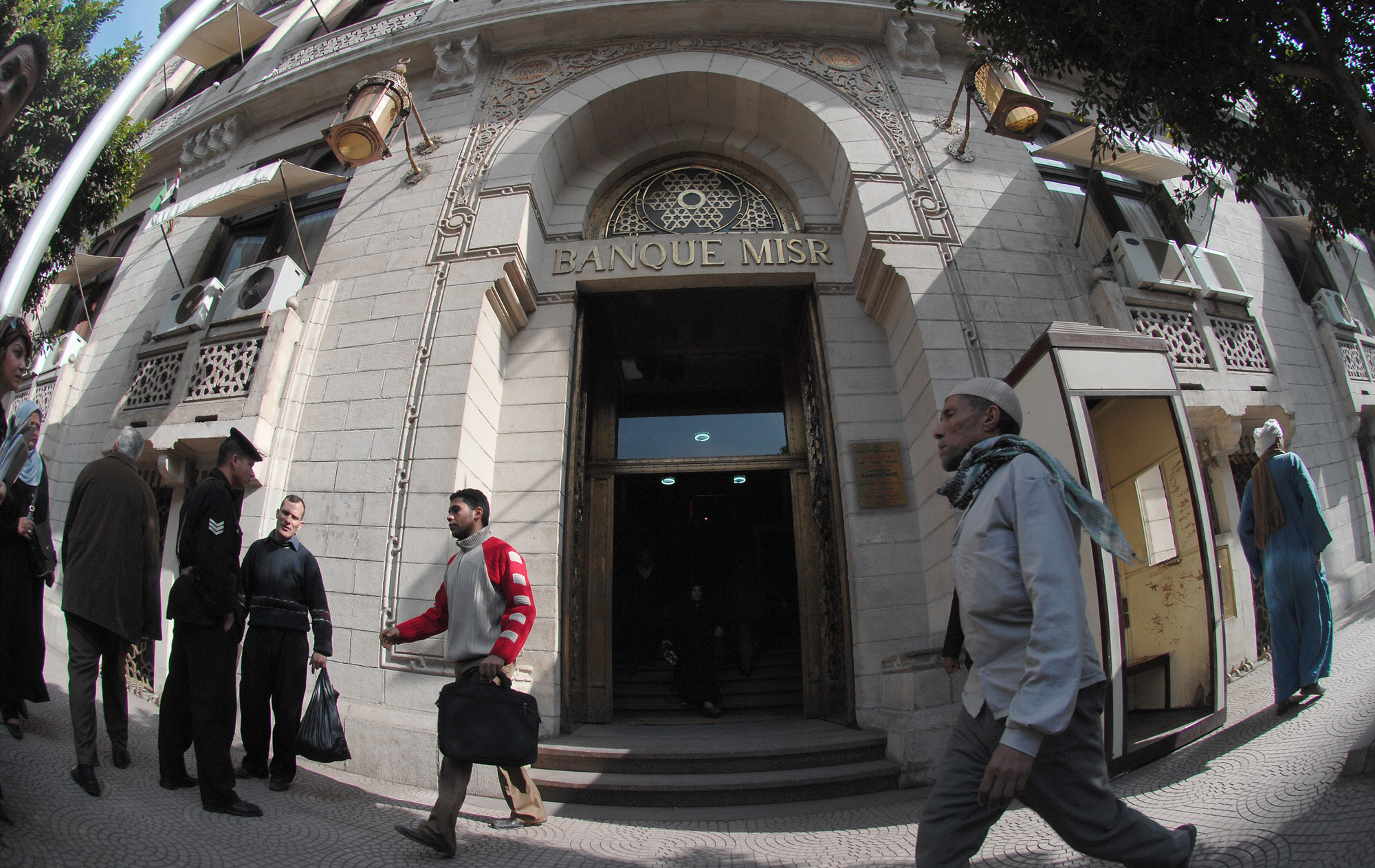Ahmed Kouchouk, Minister of Finance, stated that climate finance must become fairer for emerging economies and more closely aligned with national development priorities. He said Egypt supports expanding the use of guarantees, blended-risk structures, and hedging instruments to unlock private capital. He added that Egypt also backs the re-channelling of Special Drawing Rights (SDRs) through multilateral development banks to reduce financing costs and extend maturities.
Speaking at a meeting of finance ministers during the Climate Conference in Brazil, Kouchouk emphasized the importance of fully leveraging the capacity of multilateral development banks to mobilize private investment and support the implementation of climate-related projects. He stressed the need to reduce the cost of green finance for climate-resilient infrastructure in order to close the global financing gap.
He added that Egypt supports efforts to expand debt-for-climate and debt-for-development swaps and increase investments in developing and emerging economies. The minister underscored that debt and development challenges must be addressed together, calling for the temporary and automatic suspension of debt-service payments following major climate shocks.
Kouchouk noted that Egypt is working to integrate climate action with economic growth and inclusive development, while taking social dimensions into account. No country, he said, can solely carry the high costs of the climate transition amid rising debt burdens. He affirmed Egypt’s readiness to continue working with international partners, multilateral development banks, and the private sector to advance the path toward a green transition.
The Minister of Finance added that Egypt is looking forward to reforming the global financial architecture and sharing risks more equitably among multilateral development banks. He highlighted Egypt’s bold steps to integrate climate priorities into fiscal and economic policy, including updating its sustainable sovereign financing framework, issuing the Middle East and North Africa’s first sovereign green bond, launching Africa’s first voluntary carbon market to support emissions mitigation, and establishing the NWFE platform to align national investment priorities with the work of multilateral development banks.
He explained that Egypt continues to strengthen private-sector participation in renewable energy, water desalination, sustainable transport, and waste management projects—mobilizing private capital and technology while maintaining financial sustainability. The strong expansion in the share of electricity generated from new and renewable sources, he added, demonstrates Egypt’s ability to attract private investment in support of its climate agenda and emissions-reduction goals.




